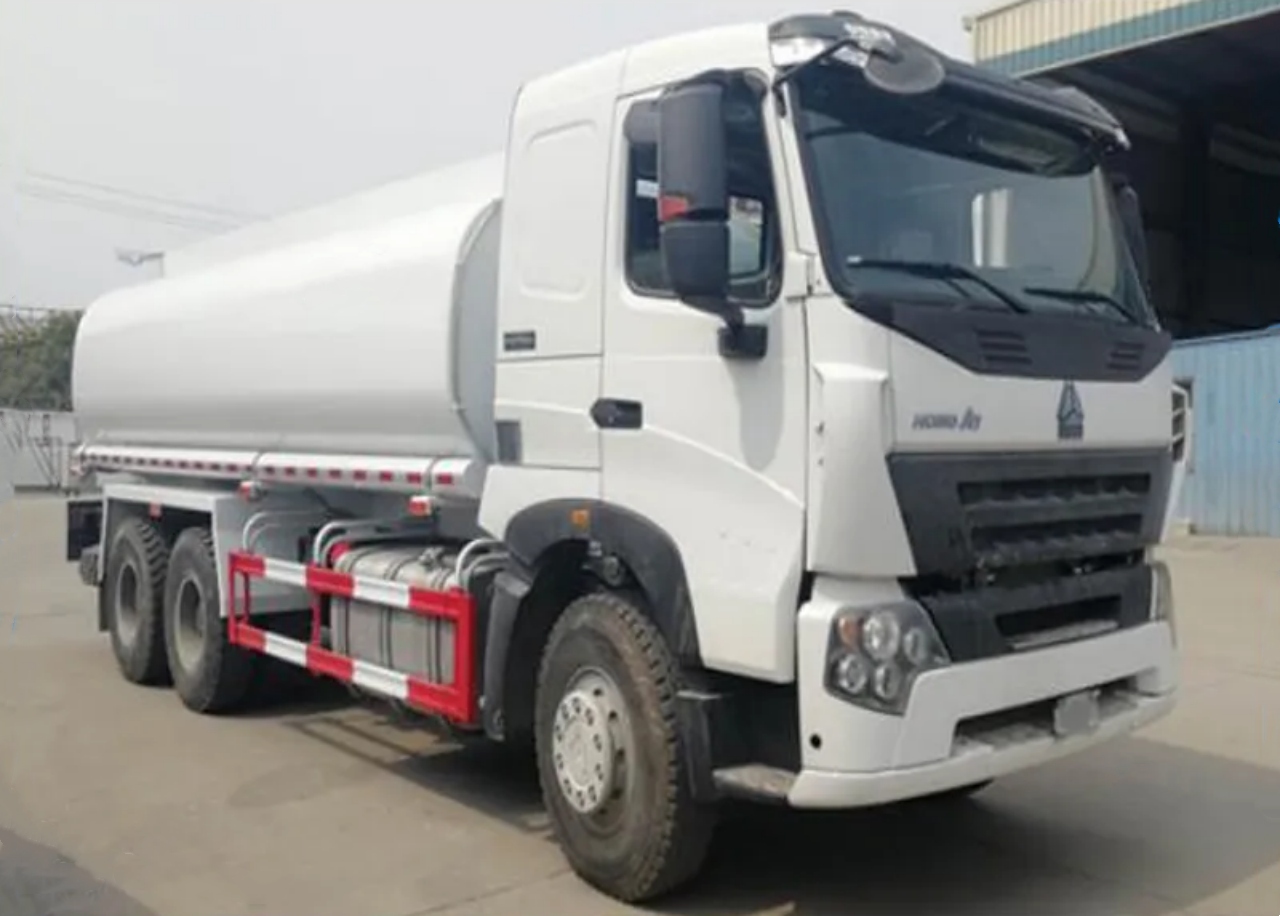In the modern world of transportation and logistics, various types of vehicles are used to move different kinds of goods efficiently and safely. One such vehicle that plays a vital role in the transport of liquids and gases is the tank lorry. But what exactly is a tank lorry? What does it carry, and how is it built? Let’s explore in detail the meaning, purpose, types, and significance of tank lorries in industrial and commercial operations.
Definition of a Tank Lorry
A tank lorry, also known in some regions as a tanker truck or tank truck, is a motor vehicle designed specifically for the transportation of liquids, gases, or powdered materials in bulk. The main identifying feature of a tank lorry is the cylindrical tank mounted on its chassis, which acts as the storage and transport container. Unlike conventional cargo trucks that carry goods in boxes or containers, tank lorries are engineered to safely carry substances that may be hazardous, corrosive, flammable, or temperature-sensitive.
The term “lorry” is commonly used in British English, while “truck” is more frequently used in American English. Hence, a “tank lorry” and a “tank truck” refer to the same type of vehicle but are regionally preferred terms.
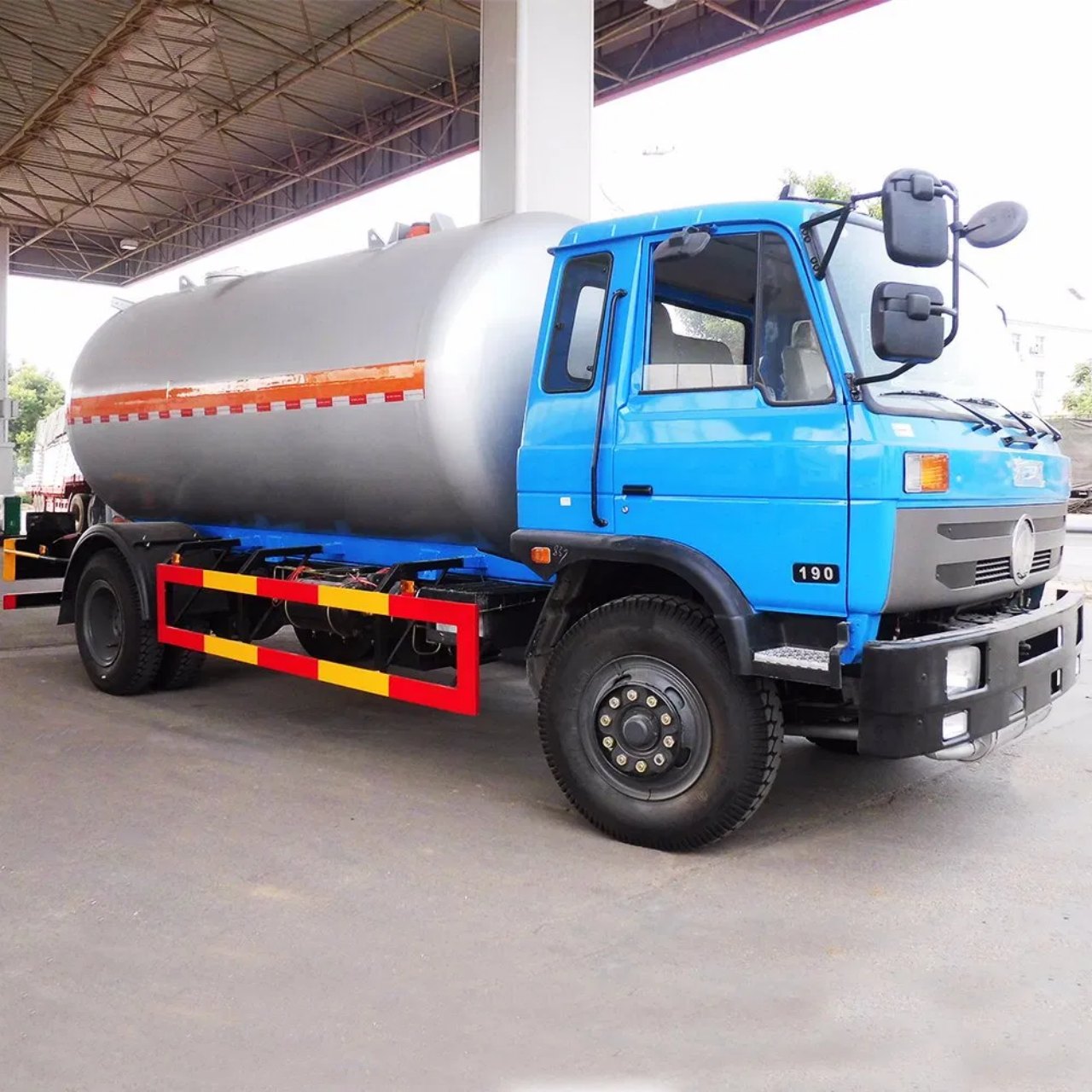
Key Components of a Tank Lorry
The design of a tank lorry varies depending on what it is intended to carry. However, most tank lorries share a few common components:
- Chassis and Cab: This is the driving unit of the lorry, similar to a regular truck, including the engine, driver’s cabin, and wheels.
- Tank Body: The cylindrical or elliptical tank is mounted on the chassis. It is typically made of stainless steel, aluminum, or carbon steel, depending on the cargo type.
- Compartmentalization: Some tank lorries have multiple compartments within the tank, allowing them to carry more than one type of liquid or gas simultaneously.
- Manholes and Valves: These are used for loading and unloading the cargo. Safety valves and pressure relief systems are also essential for carrying hazardous materials.
- Pumps and Hoses: These components help in the controlled dispensing or offloading of the contents, especially in fuel and chemical tankers.
- Insulation or Heating Systems: For substances that need to be kept at specific temperatures, such as food-grade liquids or asphalt, insulation jackets or heating coils may be installed.
What Does a Tank Lorry Carry?
Tank lorries are extremely versatile and are used in many sectors, including energy, agriculture, food processing, construction, and chemicals. Some common materials carried by tank lorries include:
- Fuel: Gasoline, diesel, jet fuel, and other petroleum products.
- Liquefied gases: Propane, butane, and liquefied natural gas (LNG).
- Water: Used for drinking, construction, or firefighting.
- Chemicals: Acids, bases, solvents, and other industrial chemicals.
- Food-grade liquids: Milk, wine, juice, edible oils, etc.
- Bitumen and Asphalt: Used in road construction.
- Dry bulk materials, Such as cement powder or flour, are transported using specialized pneumatic tank lorries.
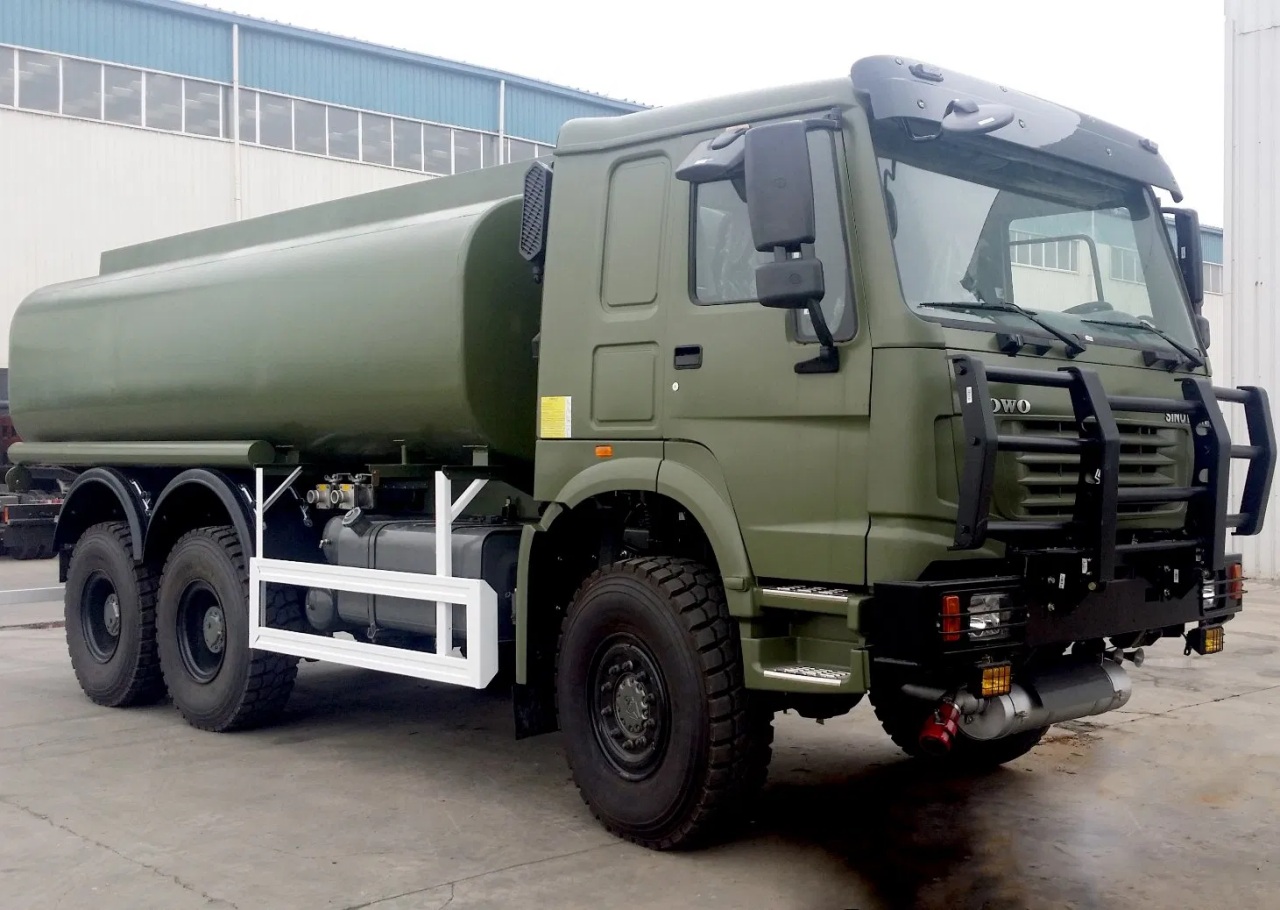
Types of Tank Lorries
Tank lorries are classified based on the nature of the product they are designed to transport. Some of the most common types include:
1. Fuel Tank Lorry
These are used to transport petroleum products. They are equipped with explosion-proof fittings and grounding systems to prevent ignition.
2. Water Tank Lorry
Used in municipal, agricultural, or industrial settings to transport large volumes of water. Often seen spraying water to control dust or watering plants.
3. Chemical Tank Lorry
Designed with corrosion-resistant materials to carry hazardous chemicals. They often feature special linings and enhanced safety systems.
4. Food-Grade Tank Lorry
These are made from stainless steel and comply with strict hygiene standards. Used to transport milk, juice, and other consumable liquids.
5. LPG Tank Lorry
Liquefied Petroleum Gas tank lorries transport pressurized gas. They are highly regulated due to the flammable nature of the cargo.
6. Asphalt Tank Lorry
Built with heating systems to keep asphalt in a liquid state during transport. Mainly used in road construction.
7. Dry Bulk Tank Lorry
Although not a traditional liquid tanker, these are used to carry powdered or granulated materials like cement or lime using pneumatic pressure.
Importance of Tank Lorries in Logistics
Tank lorries play a critical role in logistics due to their specialized ability to transport liquids and gases. They offer:
- Efficiency: Bulk transport reduces the cost per unit of liquid or gas.
- Safety: Engineered with features to prevent spills, leaks, and explosions.
- Flexibility: Suitable for both short-distance urban deliveries and long-haul transport.
- Sanitation: Food-grade tankers are crucial for maintaining hygiene standards in food and beverage logistics.
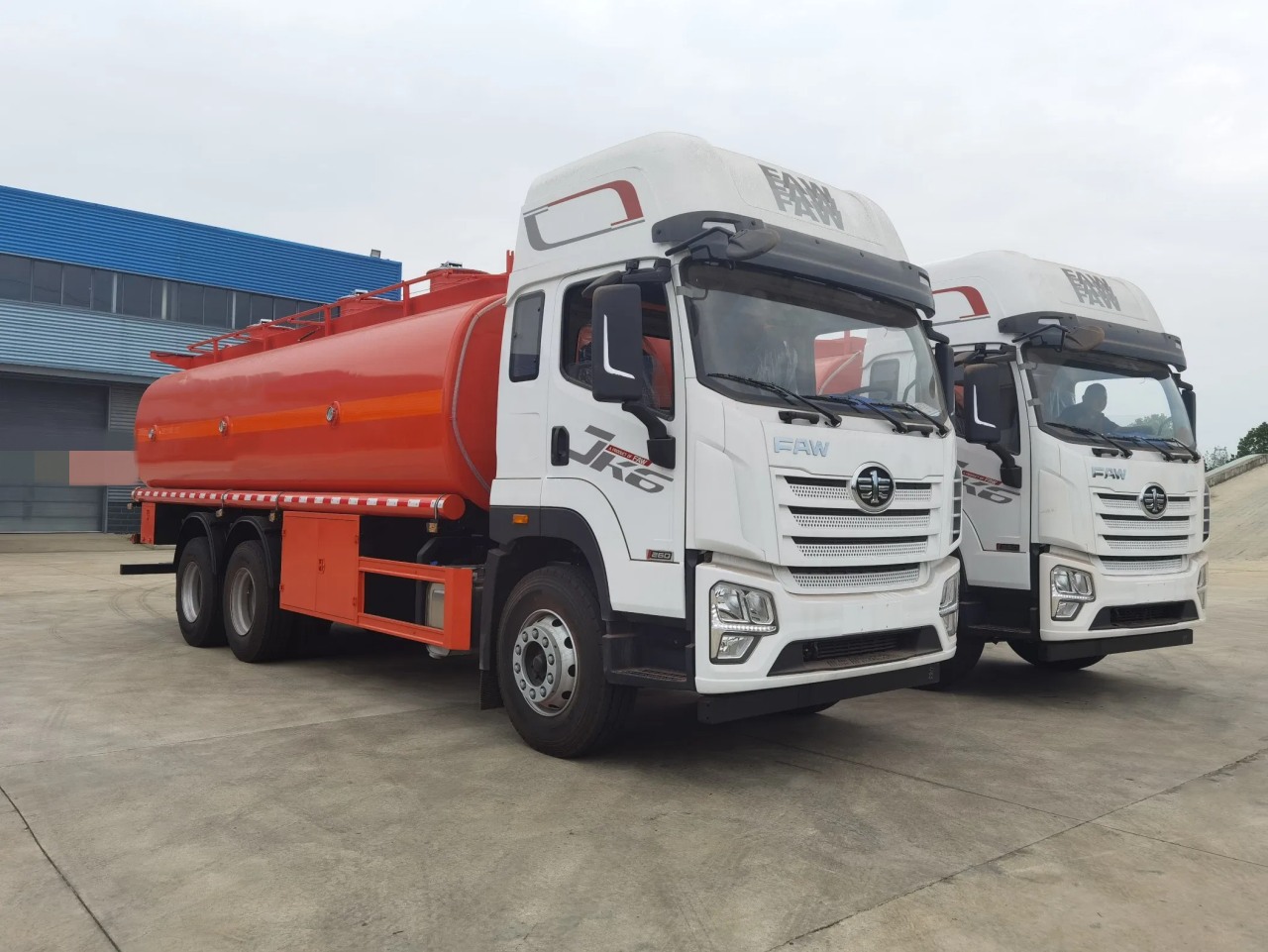
Safety and Regulations
Due to the nature of materials being transported, tank lorries are subject to strict safety regulations and standards. These can include:
- ADR Regulations (Europe): For the transport of dangerous goods by road.
- DOT Regulations (USA): Overseen by the Department of Transportation.
- Driver Certification: Operators may need special training and licensing, such as a Hazardous Materials (HAZMAT) endorsement.
Tank lorries must be regularly inspected for corrosion, pressure retention, valve function, and general mechanical condition to prevent accidents and environmental contamination.
Challenges and Innovations
Transporting liquids and gases comes with unique challenges, such as:
- Sloshing Effect: Movement of liquids inside the tank can destabilize the vehicle. Baffles are installed to minimize this.
- Leakage and Spillage: Innovations in seal technology and materials have helped reduce the risk of leakage.
- Temperature Control: Some materials need constant temperature maintenance, requiring advanced insulation and heating systems.
Modern tank lorries are becoming more technologically advanced, with real-time monitoring systems, GPS tracking, and IoT-based sensors for temperature, pressure, and liquid level.
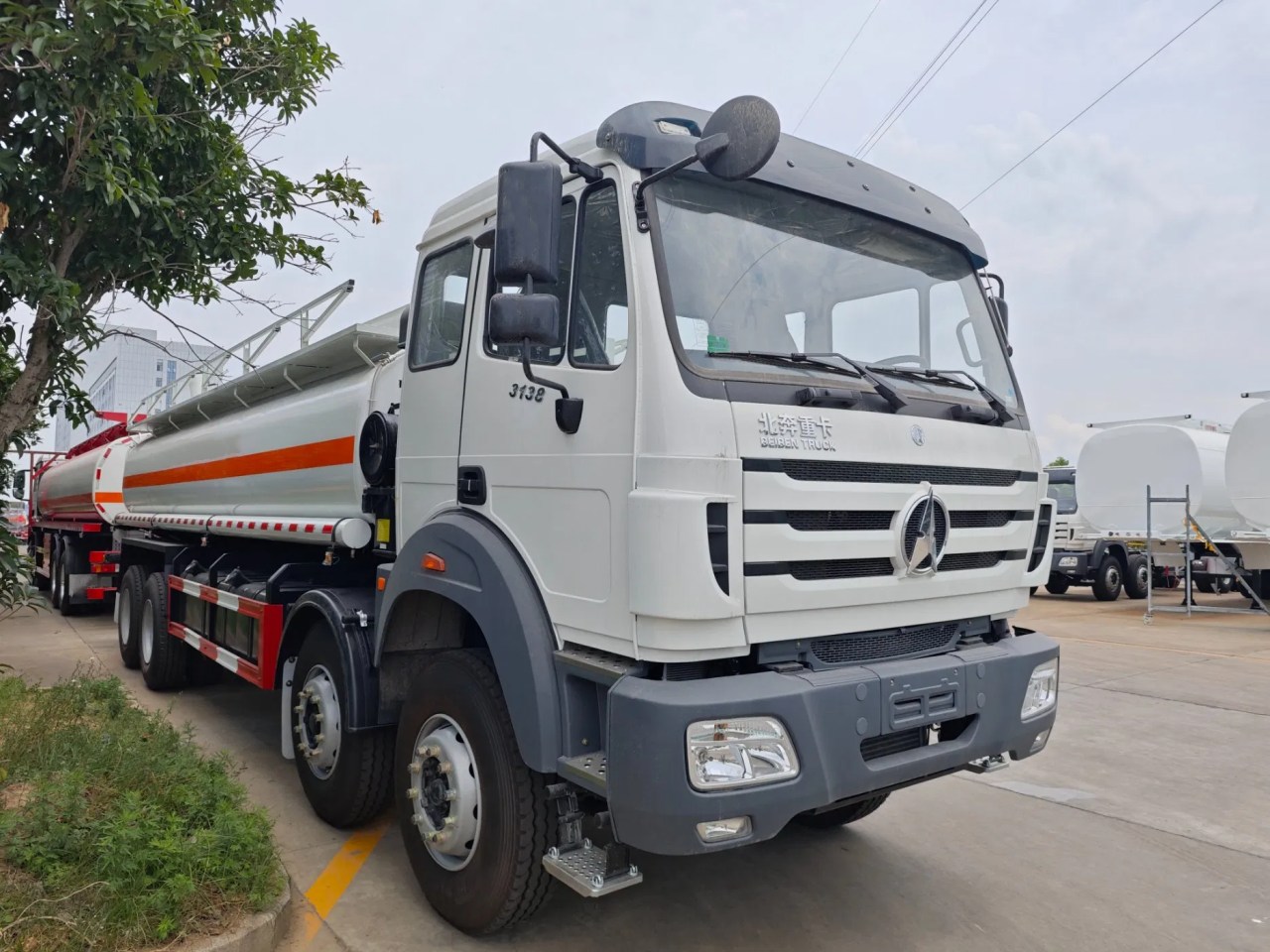
Conclusion
A tank lorry is more than just a vehicle; it is a highly engineered system designed to safely and efficiently transport a wide variety of liquid, gaseous, and sometimes even powdered materials. From fueling stations to construction sites, dairy farms to chemical plants, tank lorries form an essential backbone of global logistics and supply chains. Understanding their function, construction, and importance provides insight into just how vital these vehicles are in our daily lives.
Whether it’s ensuring your local gas station has fuel, delivering clean drinking water to rural areas, or transporting raw materials for industrial use, the humble tank lorry is a silent but powerful player in keeping the world running smoothly.
